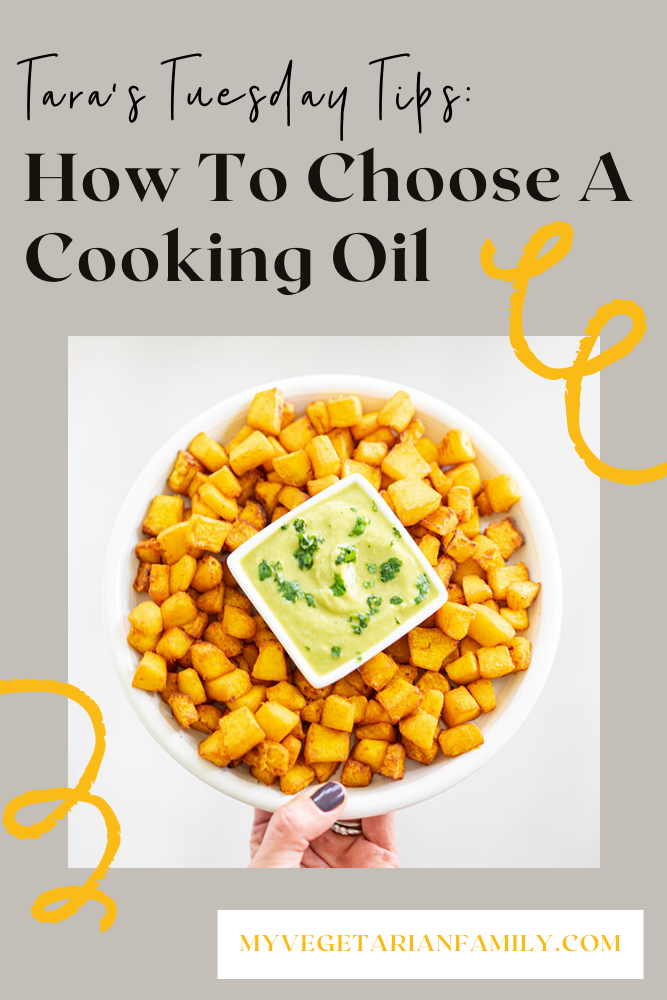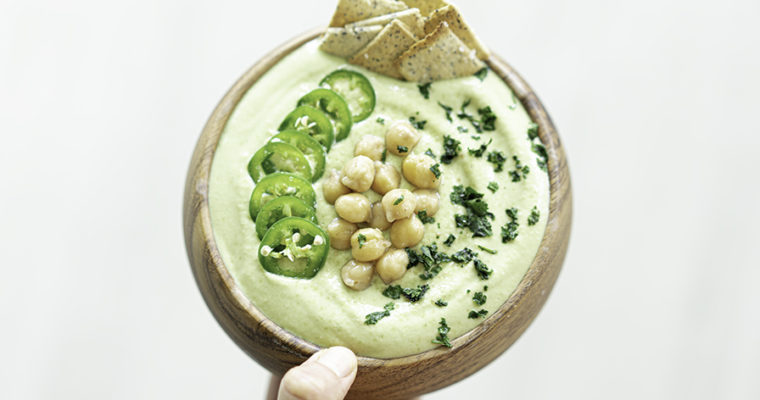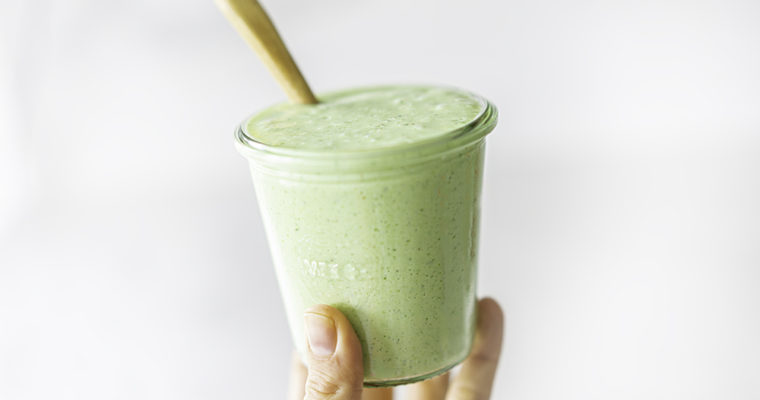Curious about how to choose a cooking oil? Not sure what smoke point means? Refined or unrefined? Should you go oil-free? Confused about the coconut oil controversy? I KNOW! My tips this week help guide you through choosing the right cooking oil for the right situation.
If you know me, you know I prefer oil-free cooking. A few tablespoons of oil can easily add 250 empty calories to an otherwise healthy meal. Empty of calories + fiber + nutrients but still high in fats. I don’t miss the extra calories and surprisingly, I prefer cooking without it. For health reasons, I do my best to roast + sauté + bake + air fry without any oil at all.
Why Do I Prefer Oil-Free Cooking?
Oils are refined foods. Simply put, the optimal choice is always the whole food instead of the refined version.
I choose a (mostly) oil-free life not only because oils are refined but they are also high in fats. A diet high in saturated fat can lead to heart disease. No surprise there.
So, I avoid oils in my daily routine. That being said, I do use the oil occasionally to roast Indian spices and for a few other recipes. I do eat in restaurants that use oils, and I enjoy the ‘once-in-a-while’ foods that keep me happy + sane + enjoying good food in the company of the people I love. Balance is key.
In order to keep this balance, I learned how to choose an oil for when I want to incorporate it into a recipe. Today, I get to share what I learned with you!
Tara’s Tuesday Tips:
How To Choose A Cooking Oil
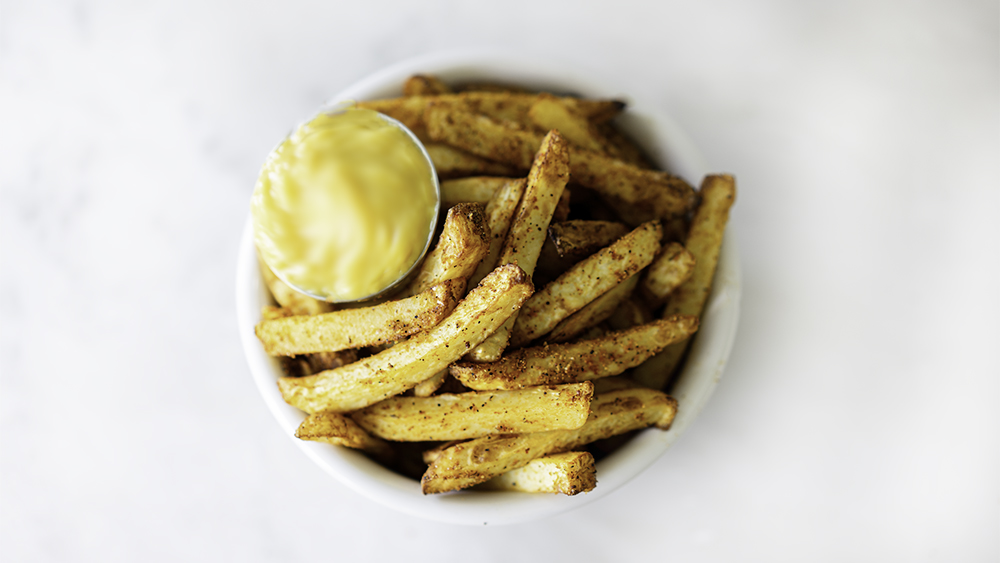
Food For Thought: Tara’s Takeaways
I usually include my food for thought at the end of an article, but this is a confusing and controversial subject. So, here are the most important takeaways in case I lose you along the way:
- A small amount of oil is absolutely acceptable when eaten with an overall healthy diet.
- Smoke point matters. Choose wisely. See below.
- Kids need healthy fats. If you are concerned about oil recommendations for kids, please ask their pediatrician and research oil recommendations based on your child’s weight and age.
- If you have tried an oil-free diet and it changed your life (improved weight loss, blood sugar control, reduction in pain, improvement in athletic or academic performance) then stick with it!
- Oils are extremely calorie dense. Be mindful of how many calories you are consuming with small servings of oils. If you are trying to lose weight, this might be something to pay very close attention to.
- Sometimes when we eat oils, we push out other nutrient-dense foods. Be careful of this!
- Fat is not the enemy. The type of fat is the important part. Monounsaturated fats could be and SHOULD BE part of a healthy dietary pattern. Saturated fat in all forms should be limited as part of a healthy dietary pattern.
Confused? Read: How To Eat For Heart Health or Guide to Oil-Free Cooking
- I prefer to EAT my healthy fats, not get them the sneaky way. Give me some guacamole instead of drenching my veggies in avocado oil. I’ll take some olives in my salad instead of a dressing made of olive oil. My oatmeal is so much better with a handful of walnuts instead of my potatoes being fried in nut-based oils. Get it? Read this for more: Tara’s Tuesday Tips: Oil-Free Salad Dressings.
- Keep reading … I know it can be overwhelming … I’ll help you choose the right oil!
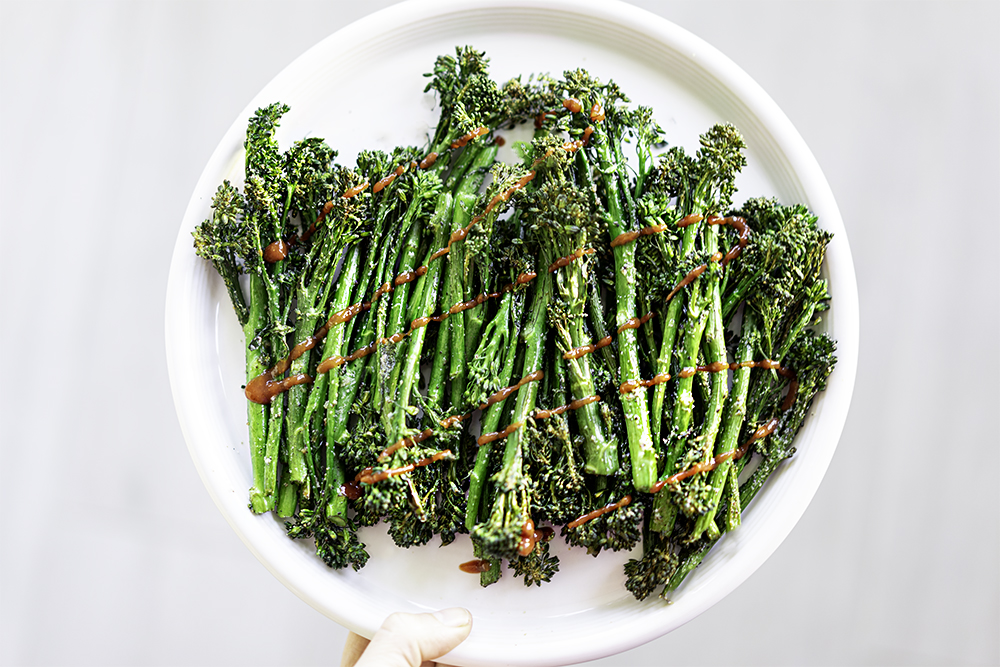
The Oh So Controversial Coconut Oil
I hope you are sitting down for this one. Coconut oil is not the superfood it has been glorified to be. Yes, this is extremely controversial. However, if we are strictly looking at cardiovascular risk and the real science, coconut oil is 90% saturated fat. Specifically the type of saturated fat that raises LDL cholesterol + your risk of cardiovascular disease.
“Coconut Oil and Heart Health: Fact or Fiction” published in 2020 in the American Heart Association Journal, “Circulation”, states that 72% of Americans view coconut oil as a health food. But it isn’t! Coconut oil is mostly saturated fat and has been found to significantly raise LDL levels. 72 percent of you think coconut oil is a health food?!?!? Really guys?!?!?
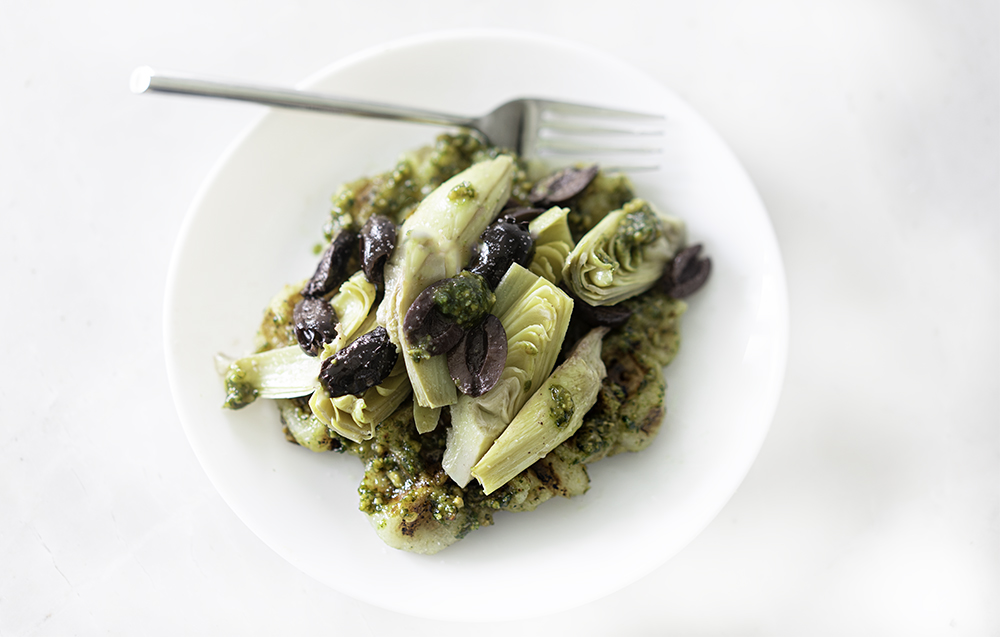
Omega-6
We all have heard the buzz around “inflammatory” foods. Omega-6 consumption and its link to chronic inflammation, obesity, heart disease and even IBS is still being heavily studied but there are many hypotheses linking one to the other. So, if you have a choice, why not choose an oil lower in omega-6, or no oil at all!
Which Oils Are High In Omega-6?
- Soybean oil
- Corn oil
- Palm Oil
- Sunflower Oil
- Peanut Oil
- Cottonseed Oil
What Is Smoke Point? And Why Does It Matter?
When you are figuring out how to choose a cooking oil, smoke point matters. Smoke point is the temperature at which an oil is no longer stable. When oils are heated, they eventually reach their smoke point, and then they break down. When they break down, they release free radicals. These free radicals are not the greatest little guys to have around in your body. They cause damage at our cellular level helping diseases (such as cancer) grow better + faster. No thanks.
The Most Important Points About Smoke-Point:
Heating any oil past its smoke point can release unhealthy compounds.
Higher smoke point oils are better for baking + roasting + sautéing.
Lower smoke point oils are better for dressings + drizzling.
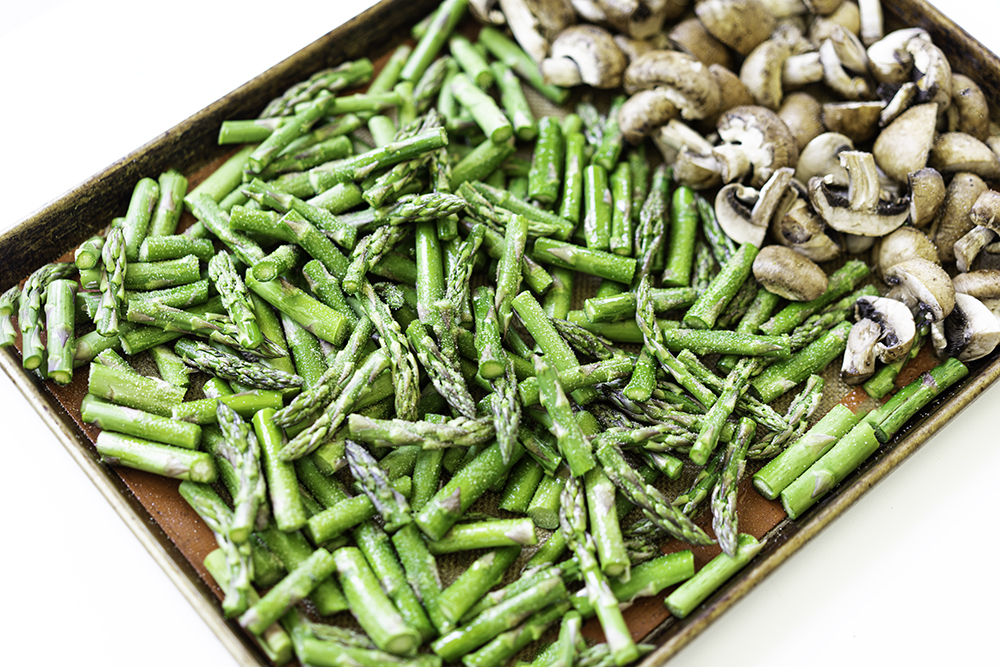
How To Choose A Refined vs. Unrefined Cooking Oil
“Refining” is the processing the oil goes through to become an oil.
Refined oils are less expensive, maintain their flavor and color when used in cooking, are typically extracted from their natural source using chemicals, and have higher smoke points.
Unrefined oils contain more nutrients, are more sensitive to heat, are extracted by ‘pressing’ the plant, and have lower smoke points. No chemicals used to extract the oil.
Refined = Higher Smoke Points/Extracted With Chemicals
Unrefined = Lower Smoke Points/Extracted Naturally
So … Which Oils Are The Safest To Consume?
If you are not cooking the oil:
Cold-Pressed + unrefined flaxseed or walnut oil (best in dressings + for drizzling)
For moderate temperature cooking:
Extra-Virgin Cold-Pressed Olive Oil (by far the most stable oil, smoke point around 350-410 degrees F)
Extra-Virgin Cold-Pressed Avocado Oil (smoke point around 350-375 degrees F)
For Higher Temperature Cooking:
Refined Avocado Oil (smoke point around 400+ degrees F)
Refined Olive Oil (most stable oil with a smoke point is around 390-465 degrees F)
For Even Higher Temperature Cooking:
Should be used in moderation or sparingly (or not at all) – Organic, Cold-Pressed Canola Oil.
Consider Avoiding:
These have a high smoke point with a low price point + are highly processed using chemicals. Commonly used in restaurant cooking + in commercial products.
**Read your chip bag labels, you will be surprised to find these in some of your favorites!**
You can find chips without these oils that still taste great! We exclusively use potato and tortilla chips made with avocado or olive oil and love them (Siete and Boulder Canyon are our favorites)!
- Corn Oil
- Safflower Oil
- Soybean Oil
- Canola Oil
- Sesame Oil
- Sunflower Oil
- Peanut Oil
Highest In Saturated Fat + Found To Raise LDL Cholesterol!
- Coconut Oil
- Cocoa Butter
- Palm Oil
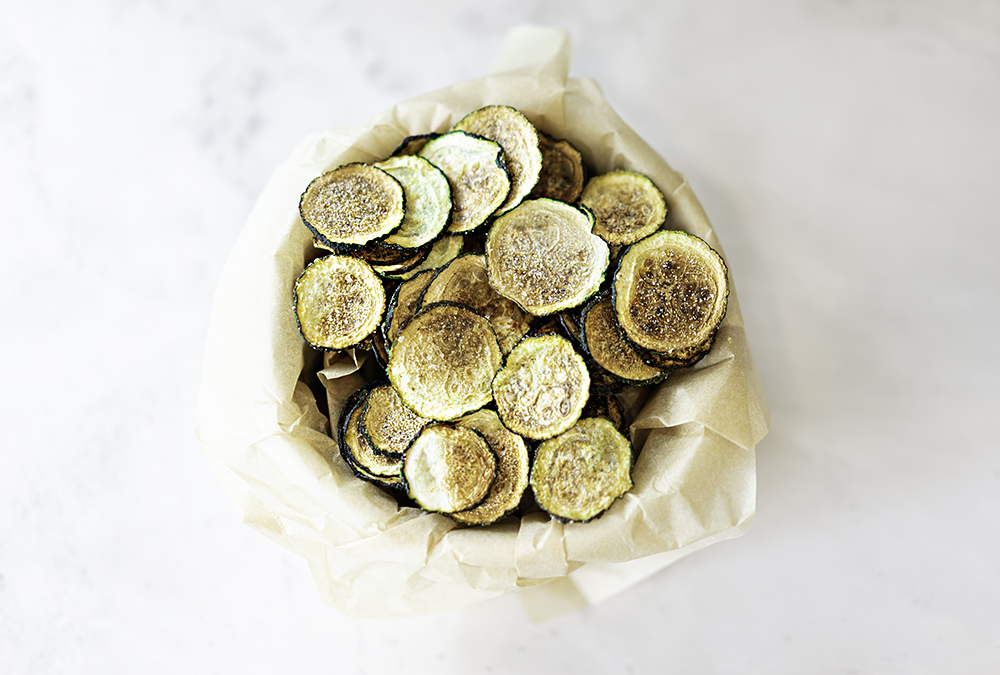
My Tips On Choosing Avocado or Olive Oil
You made it through all of my nerdy-science-nutrition-geek stuff on oil, congrats! You learned that avocado oil or olive oil are obviously the best choices. But which ones?
Here’s my last oil tips:
- The one term to avoid is “refined”.
- If the bottle says “light” or “refined”, that’s NOT the one to choose!
- Unrefined olive oil has been extracted in a gentle way. No heat or chemicals have been used to extract the olive or avocado oil from the olive or the avocado. They were simply pressed until they released the oil.
- If the bottle says “cold-pressed” or “expeller-pressed”, this is GOOD, buy it!
- Extra-virgin means that the oil in that bottle is the oil that was extracted on the first pressing and it hasn’t been refined, that one is GOOD too!
Worried that you are cooking at temperatures too high for unrefined oils? Cook your food low and slow instead of resorting to refined oils! Or no oil at all!
